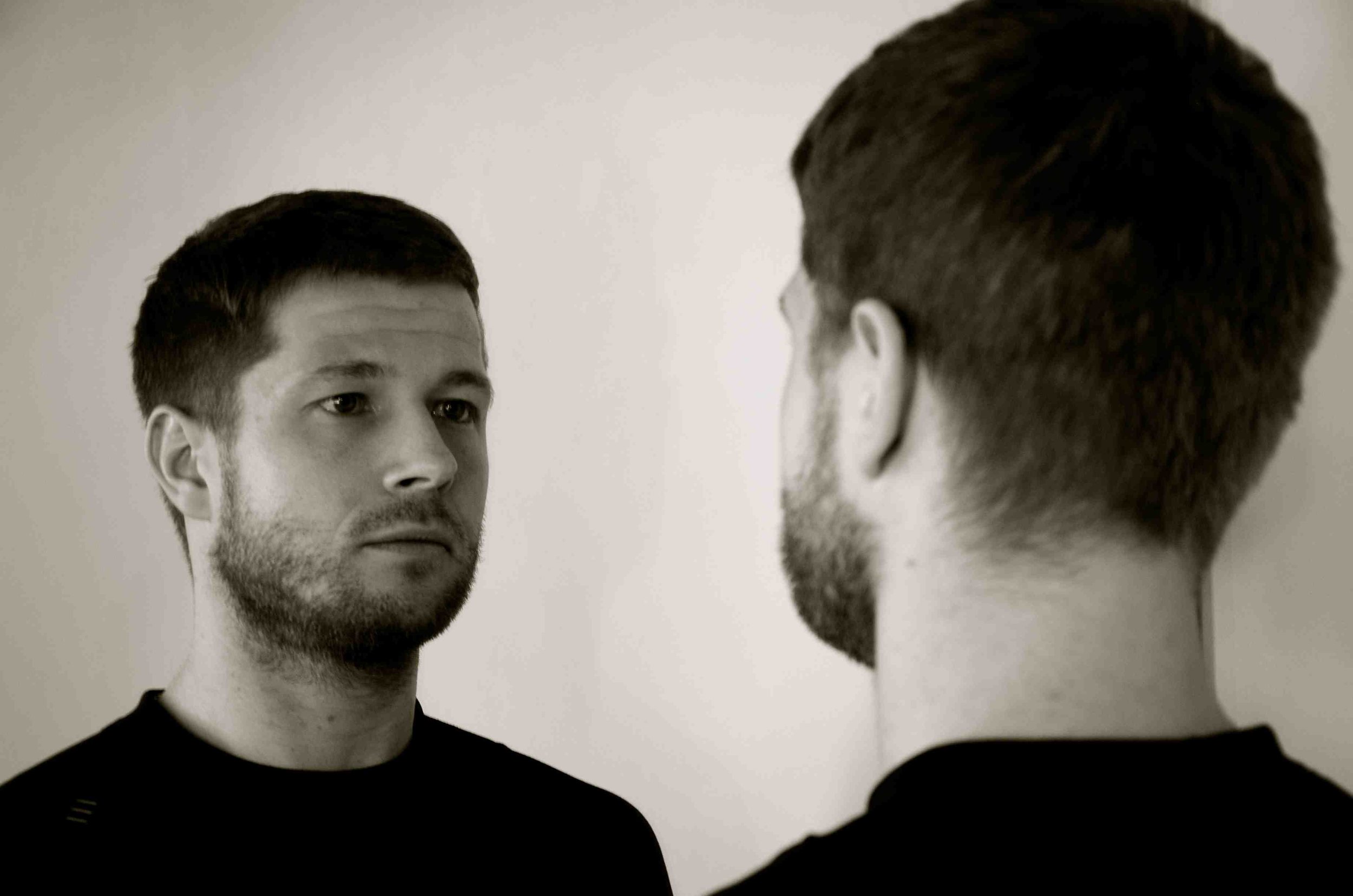Compulsive Exercise and Eating Disorders
Very loosely adapted and modified from Barbara Mader:
Controversial topic alert. But a topic that needs to be addressed. PLEASE take the time to read. This may help you, or a loved one. Trust me. This is a topic that is near and dear to my heart. A topic I have seen first hand in many people and areas of my life. Compulsive exercise. Negative body image. Trying to find "the secret." Unhappiness with an unattainable body type.
Did you know that only 2-5% of the world's population has the GENETICS to look like some people do on magazine covers? I realize and understand that many people KNOW or are aware of some of these things, but as we move into summer season (bathing suits, short shorts, etc.) I feel a responsibility to address this potentially sensitive, but very real topic. Within the yoga environment, and any other one for that matter, it is easy to get caught up in thoughts of "weight loss" or body image/body dysmorphia. It's easy to be disappointed with the perceived lack of your progress when it comes to your goals.
In my opinion, the most important goal when it comes to exercise should be how you feel.
How you feel is most important. Inside and out. How you feel, not how you look. Easier said than done. I understand and appreciate that. What I also know is people are beautiful. You are beautiful. There is beauty everywhere, and a number on the scale does not define you or your beauty. Please, please remember this always. Please. You are you and you are beautiful. Please take care of yourself.
"If you can't see anything beautiful about yourself, I strongly urge you to get a better mirror."
Compulsive Exercise and Exercise Anorexia:
Professionals specializing in the treatment of men, women and children with eating disorders re observing a growing trend among their patients, who are increasingly engaging in compulsive exercise Exercise anorexia is recently accounting for 40% of all eating disorders (excessive exercise, with very little to no eating). “Compulsive exercise is obligatory in nature, and it doesn’t have to be a certain type of exercise or be performed for a minimum duration,” explains Jennifer Lombardi, MFT, executive director of Summit Eating Disorders and Outreach Program, a partner program of Eating Recovery Center.
When evaluating if exercise is compulsive in nature, it’s important to look at the intention behind the movement, if there is a sense of urgency or agitation when individuals can’t engage in the exercise behavior, there is likely an issue (please note that this is not the same as feeling like you need yoga. Sometimes you just need to make it to Yogalife and breathe and move and be amongst our community. Just evaluate if it is a compulsion). It’s also important to consider exercise in the larger context of an individual’s eating and body image history; exercise is one of those behaviors that means something different to people struggling with eating disorders due to their temperament and brain chemistry.
Some eating disordered individuals abuse exercise as a compensatory behavior following a bingeing session or to give themselves “permission” to eat.
This can include rewarding yourself with food for exercise, or the "all or nothing view" where even if you "cheat" on one meal, you feel as though the entire day or week is ruined. Others may begin to engage in excessive exercise as what they believe to be a “healthy” part of eating disorders recovery. What these individuals do not realize, is that the frequency and volume of their exercise has taken the place of other eating disordered behaviors as an anxiety management tool and poses significant health complications, including joint injuries, stress fractures, muscle tears, tendonitis, fatigue and dehydration.
Eating Recovery Center encourages families, friends and healthcare professionals to be mindful of five common warning signs of compulsive exercise behaviors, including:
1. Exercising excessively “just because” as opposed to intentional exercise in preparation for a competition or to simply feel good. 2. Refusing to miss a workout, regardless of weather or injury. 3. Exercising takes precedence over all other activities, including work, school and spending time with friends and family. 4. Experiencing a heightened level of anxiety if unable to engage in exercise. 5. Displaying an elevated rigidity and perfectionism with regard to exercise behaviors.
I love practicing yoga and engaging in activity just as much as anyone else. I understand your love for Yogalife, for the practice, art, and expression of your yoga asana. But what I do ask of you, is to evaluate your relationship with yoga and yourself. Numbers on the scale, inches lost, etc. can be just a bonus of activity. When you reach that point and realization, you are able to engage in physical activity because you want to, not because you feel you have to. Join us at Yogalife because you love you and love how yoga makes you feel.
If you are interested in being led in a heart opening and freeing practice, where we release and let go of some of these thoughts and feelings around compulsive exercise, please email info@yogalifestudios.ca or directly to me at brandon@yogalifestudios.ca.
If you are interested in working through some emotions in a completely safe, nonjudgmental space, please let us know, and I will find time to run a workshop to explore, emote, let go, and transform. Thank you for taking the time to read. I understand this is a sensitive topic, but I am trying to create awareness and to offer help. I truly hope this has opened your heart and mind to realize you are not alone. Namaste.
- Brandon R. Jacobs




